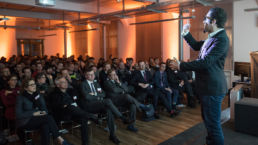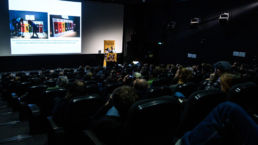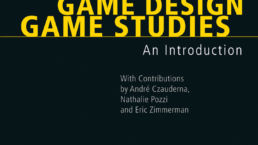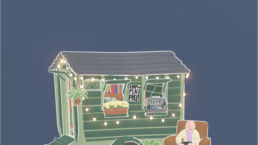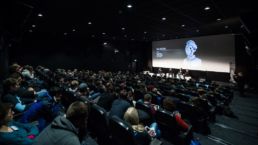Gundolf FREYERMUTH
Köln, DE
Professor of Media and Game Studies at Cologne Game Lab, co-founded with Björn Bartholdy in 2010. Previously a professor of “Comparative Media Studies” at the International Filmschule Köln, an essayist and documentary filmmaker, he has particularly focused on the question of “storytelling”.

Biography
Gundolf S. Freyermuth, Ph.D., is founding co-director and professor of media and game studies at the Cologne Game Lab of TH Koeln-University of Technology, Arts and Sciences, as well as professor of comparative studies of the media at the ifs international film school in Cologne.
Prior to his academic career, Mr. Freyermuth wrote novels, scripts for radio plays, feature films and documentaries. He has also worked as a department head, editor and chief reporter for numerous German magazines and a freelance writer covering literature, film and digital media.
His research focuses on new artistic and communicative practices, the culture of networks, transmediality and linear and non-linear audiovisuality, in particular digital games.
His recent English-language publications include Games | Game Design | Game Studies. An Introduction (2015); “From Analog to Digital Image Space: Toward a Historical Theory of Immersion” (In Immersion in the Visual Arts and Media, ed. Liptay and Dogramaci, 2015); “Utopian Futures. A Brief History of Their Conception and Representation in Modern Media-From Literature to Digital Games” (In Playing Utopia. Futures in Digital Games, ed. Beil / Freyermuth / Schmidt 2019); “Teaching Interactive Storytelling and Game Design” (In Interactive Storytelling, ed. Meyer 2021); “Paratext | Paraplay: Contextualizing the Concept of Paratextuality” (In Paratextualizing Games: Investigations on the Paraphernalia and Peripheries of Play, ed. Beil / Freyermuth / Schmidt 2021).
Freyermuth is a dual German-American citizen who lives in Berlin, Cologne and on a ranch in northeastern Arizona.
Gundolf Freyermuth's answers
My name is Gundolf Freyermuth. I am a professor of media and game studies at the Cologne Game Lab, which I co-founded with Björn Bartholdy. We started this ten years ago, just the two of us. And now, there are tenured professors, and we are doing a Bachelor’s degree in digital games, and we are doing three Master’s degrees, a success. What do you call that success? Digital games master, and two continuing education masters: development and research of games and 3D animation for cinema and games. My background is… I come from comparative literature, and I have written novels. I made movies. I wrote film scripts before becoming a professor of media and game studies. I was a professor of comparative media studies at the International Film School in Cologne.
So I was led to tell stories in literature, in the form of documentaries, fiction and films. And, of course, now in games and other interactive media.
First of all, for some time we have been living in what we call a media society. Nowadays, experiments happen more in the media and with the help of the media than in reality. Think of the children growing up today. In the first six or seven years, they experience the world more through the media than through contact with reality, in the sheltered life that we offer children today. And this, of course, is also true for adults. This is a first point. But the second point is that we’ve seen over the last 20 years that adult industries are the most profitable, that creating things, designing things creates more value than producing things. Right now, I’m talking to you through an Apple Macintosh computer, and it says, designed in California, and that’s where the revenue is going.
It doesn’t even say where it was made, because most of the money stays where the design, creation, creative industries and knowledge workers are. This is therefore a major point of value creation in regions and nations. Media creation has therefore become a very profitable part of our economy. And that’s the most important part in terms of how we experience the world, how we perceive ourselves, our view of the world, our view of human beings and our existence. This is what we create in the media.
In fact, I could mention right now that I’m sitting here, so to speak, I’m writing a book about the future, and we can see that for many centuries already, the central Renaissance, we have always created the future in the media first and in reality. Second, this is one of the main points of this book. And it is a process that has intensified. And today, knowledge workers and creative media professionals are economically and culturally the most important part of our society.
Yes, I actually have a main point. This is the main point that Björn and I made ten years ago when we designed our study courses, and we designed them rather differently from the very few study courses that existed at the time, which were for most offered at private universities that charge high tuition fees. While we work in the state university where there is no tuition. The main point is that, more than ever, our skills, our professions, are likely to change. Think about when we started ten years ago, what games and how the games were designed and produced. It’s completely changed and a lot of things are cheap, game engines, VR, all those things. It didn’t exist at all.
So of course students have to learn skills and trades, but that’s a very professional part of education. And our students, when they leave us, will have to completely relearn their skills at least three or four times in their lifetime, the programs they use, the way the production pipeline, all of that is subject to constant change. So for us, the most important part from the beginning was the artistic academic education. In very simple terms, of course, we teach our students to learn how to learn, because that is what knowledge workers do.
They are knowledge workers, of course, and they will be for the rest of their lives. They will work in creative industries, which is knowledge work.
And this means that they will have to be able to constantly create, to seek and learn new knowledge, but also to create new knowledge. For us, therefore, it is very important to have a historical and theoretical education that enables our students to react to the challenges of the future. Of course, when they leave us, they enter the job market.
And so they must have marketable skills. But these skills will be worth more, I am absolutely sure, in less than ten years. When they work for ten years, they will have acquired new skills. They’ll master new programs, new production pipelines, they’ll prototype games or any VR experience you can’t even imagine right now. So obviously we can’t train them to create these artifacts of the future.
I
They will have a professional life of 30 or 40 years. So the most important part is the theoretical, artistic, historical perspective to create personalities, creative personalities who are independent and who can, by themselves, create and research and create the knowledge that they will need in 5, 10 and 20 years. So that for me is the main point, and then all the practical skills that are needed for employability, of course they have to have them because they have to earn a living. But if education was oriented towards craftsmanship, towards skills, these students would have the most important part they will need in the future, the ability to learn new knowledge and create new knowledge themselves. .
I emphasized how important it is to lay the groundwork to create these personalities. But, of course, this cannot happen in an abstract, empty space. It happens, of course, in space, at the cutting edge of today’s technology. And so that’s the second part. Of course, we have to teach them about cutting-edge technologies, cutting-edge programs and cutting-edge skills. But we must always insist on the fact that we must be aware, and we must stress this in our contacts with students, that these elements are very important now, but they will probably not be worth much in ten years.
If I really knew that, I would buy stocks and become super rich. Not true ? I mean, the thing with the future is that it’s open ended that we create the future. The future does not just happen. And that’s an important part that we teach our students, maybe more masters students than bachelors, that they are the ones who are responsible for creating the future in their field.
It’s not something that just happens, and they are victims of development. They should be agents of development. This is the goal of our master studies. We want to create people who create the future, who don’t suffer from it, but who shape it, who push us forward, that’s, I think, a very important part. And for that, of course, you need visions.
But actually, as I’m writing this book and researching this book, if you look back, say, the predictions of the future 30 years ago, 50 years ago, they were right and wrong in same time. In many respects they were correct. But in many ways they were wrong. So it’s a mixture. My favorite example is actually Kevin Kelly, who is one of the most well-known dignitaries here in the United States.
And he was the founding editor of Wired magazine. And when I met him, I don’t know, it was about five years after Wired magazine was founded, I met him at a conference here in the American West, and we were talking about the future . And he said to me, you know, on the one hand, we were right when we designed Wired magazine as a technology magazine of the future. But we were wrong on other points. But if you had known that everything is going wirelessly mobile, then we wouldn’t have named Wired or a magazine. Exact. So, of course, we’re still wired. We have fiber optics and so on. And so much of the future that was predicted in the late 80s, early 90s was right. It happened. But on top of that, something happened that no one predicted. And that’s motive.
So you’re asking me to predict the future? I think, of course, what you can see is that this era is not going to go away. It has yet to find a stronghold in entertainment. It’s marginal, but it’s so deeply rooted in industrial production, in research, that I think it is. And then, of course, the pandemic, the fact that we’re not zooming in, that would make searching, more fun, and a lot more alive.
If we could meet in a VR room and then step out of sight of the window and into the picture, so to speak. So I think VR is one of the things that we are. AR, of course, are two things that will be.
One thing about predicting the future is also a saying, actually in English, that most people overestimate change than what will happen in the short term future. In English, for example, if we are, to really be the next big thing in three or four years. But I’m pretty sure it will be 10 or 15 years from now, and the students we train will be there and working in the far future, 20 or 30 years so to speak. So that’s something that I think is very important.
Another important thing is that we have also seen in the pandemic that there is in fact a future that no one foresaw in the pandemic. Yes. But what we’re doing now, how we’ve responded, how our education system, at least in the universities, has completely gone online and remained functional. I mean, we had three very successful semesters at CGL, so it’s a future that no one predicted. But on the other hand, we knew that more and more people would go online and also for environmental reasons, who maybe travel a little less. It is therefore a good argument for communicating through the media.
So I think we’ll see an escalation in the use of immersive media, and I think we’ll see a move away from the screen window to more immersive experiences where we’re sitting at a table, so to speak.
Okay. I think enough of the predictions of the future. I think the main point is that our students, ourselves, and then our students should be agents in creating the future we want. And that’s what you should think about. Less to what will be and more to what we want it to become.
My organization is the Cologne Game Lab. It is therefore obvious that we only employ people from the creative media. All professors, all research assistants and teaching assistants. They all come from creative media because we are a creative media institute, so to speak, specializing in games. But we also do other things in the area of research. Anyway, we also teach, in general, interactive media, not games in a very narrow sense.
But for example, most of the research projects that we are currently conducting relate to VR or AR and are more experiments than games in the strong sense of the term or interactive experiences. So yes, I need to know where I would employ someone other than Creative Media?
We do a lot of research with other institutes that are not game institutes. We do a lot of research at our own university, with the Cologne Design Institute, the International Design Institute: KISD. So we work a lot with designers, and KISD covers a wide range of areas, from product design to system design, brand design, business design, and more.
So, of course, we collaborate a lot with them. We collaborate a lot with the film school, which is in the same house, and we are doing a master’s degree with a film school, as we are partly doing a master’s degree with you with Orangeman. So we cooperate a lot with other creative media creators other than games, movie design, etc.
As I said, we have two masters. We have the consecutive digital games master, and we have continuing education masters and what we see again and again.
Just today I checked on a candidate who was doing his Masters in Creative Media in Ireland, at the Limerick Institute of Technology, and he was asking, ‘Can I apply for the Masters in Digital Games? And the answer is no, because you can apply for the continuing education master’s that gave you relevance and research, because what he lacks, what his bachelor’s lacks, and a lot of bachelors like him and to a lot of Masters as well, it’s the historical theoretical basis, it’s the ability not just to create, but to reflect what you create, to position what you create in your media story and in theory of the media, because the role of the media has become so dominant in our society.
With that comes a lot of responsibility, ethics, not all we can do. We should.
What we think is really important is that historical, theoretical and ethical foundation that is necessary to create responsibility, whether it is ethical responsibility, ecological responsibility, political responsibilities that flow from the great influence of the media on society, and an education that is 90% or 95% based on craftsmanship, on skills is not adequate, I shouldn’t say, but it creates worker bees. What we want to create. What we need to create are not just leaders. Not everyone can be a leader, but independent, creative personalities who can reflect what they do in an ethical way and who can act responsibly.
It is truly amazing how many bachelor’s and master’s courses focus on these rather short life skills and neglect the important part of building a creative personality.
That’s what we should be. This should be our main goal.
